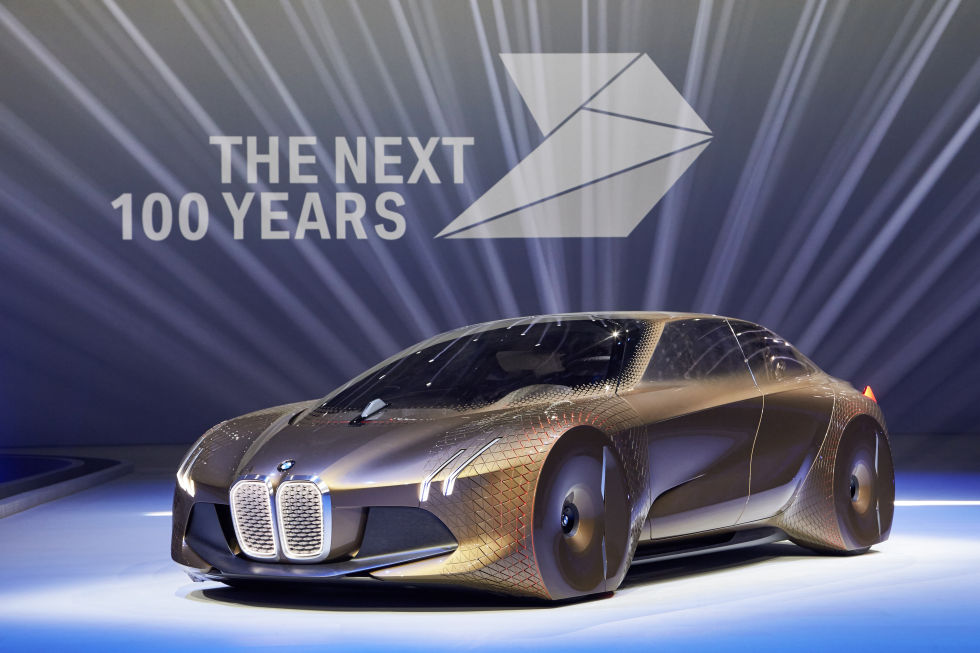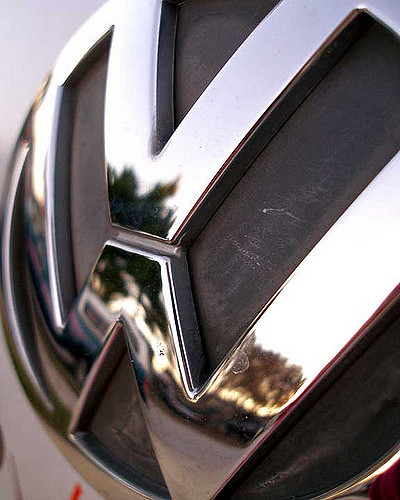
(credit: Mitchell Weinstock)
Director Gavin Hood is bursting to talk about his new project, Eye in the Sky. That's probably because his film, which debuts this weekend, involves many modern-day topics of discussion—things like the evolution of drone technology or the ethical implications of autonomous warfare.
What catches your eye first about Eye in the Sky is the tech. Even though Hood's movie is about drone warfare, the military-grade drone cruising over Kenya is not really what Eye in the Sky is about. Besides a few quick CGI-ish shots of a Reaper in flight, the bulk of the spying is done by an amusingly mechanical hummingbird drone and a tiny, camera-rigged mechanical beetle. Hood said that while the two drones aren't exactly plucked from a current military reality, both are based on prototypes that have been built (in the case of the hummingbird) or described as micro-air vehicles or MAVs (in the case of the beetle).
The director added that he didn't want to get too hung up on what's current today, because drone technology is changing quickly:





